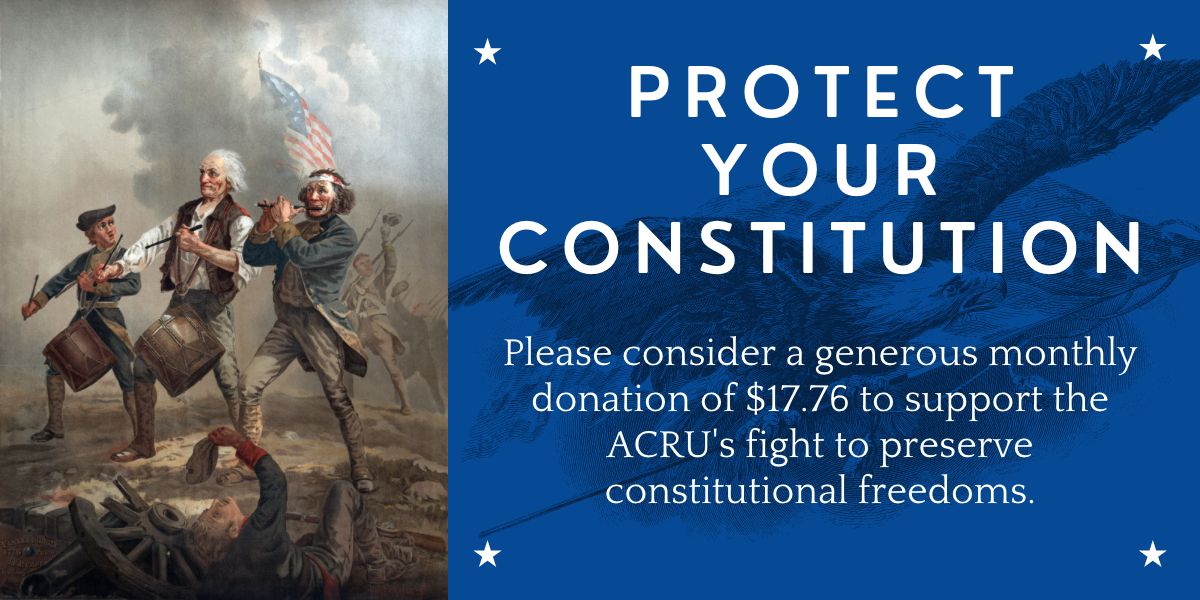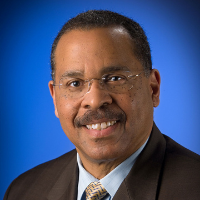ACLU: Academic Fraud Is Free Speech?
ACRU Staff
May 8, 2010
The ACLU has joined the American Association of University Professors in urging the University of Virginia to defend one of its former professors against an investigation of possible academic fraud. Since the State paid for this research under a grant of public money, the Attorney General of the State has asserted a statutory right to see the research.
* * * *
The facts for this article, but not the legal conclusions, come from an article in the Washington Post blog on Virginia politics, on 6 May. Former Professor Michael Mann, a climate scientist, is now under a cloud for possibly using fake or non-existent data to generate his conclusions about global warming. Those conclusions, in turn, are the basis of billions of dollars in proposed governmental programs in many nations. Professor Mann did some of his preliminary work at the University of Virginia, using in part, public grants from the State.
The Attorney General of Virginia has asked for the data on Professor Mann’s research, there, under the provisions of the Virginia Fraud Against Taxpayers Act. Under that Act, a letter demand from him has the force of a subpoena, if the work was paid for by the taxpayers.
The ACLU of Virginia and the General Counsel of the American Association of University Professors have sent a joint letter to the Rector of the University, urging him and the Board of Visitors to “use every legal method at your disposal” to resist giving the Attorney General the information he seeks.
The letter piously proclaims, “If scientists refrain from novel methodological approaches because they may be characterized as ‘fraudulent,’ then scientific research, and, by extension, society as a whole, will be the loser.”
The nature of scientific inquiry has not changed since Benjamin Franklin flew a kite in a thunderstorm to prove that lightning was composed of electricity. Or, go back to Galileo and his telescope. Or, go to certain Greek and Egyptian scientists more than a thousand years prior. The nature of scientific inquiry has always been the same. Observe the facts. Offer a conclusion that explains them. Test the conclusion (or theory) against the facts. Then, tell the world so even skeptics who may doubt your conclusions can duplicate your work and get the same results.
Across all ages and civilizations, this is what honest scientists do. It certainly is “novel methodology” to hide data, fake data, fake research, etc. But whenever that happens, society gains, not loses, when it is exposed. Universities and their faculties may be embarrassed by such exposures, but they, too, benefit from the exposure of fraud.
So far, the University has taken the position that the Attorney General has “a legal right to make his demand” and that the University will cooperate “to the extent required by law.” To date, the University’s position is that there is no “right to cheat” guaranteed by the First Amendment, and that professors, like ordinary people, should be answerable if and when they abuse the use of public money, given to them for specific purposes.
In considering this story, one should keep in mind the Professor at Vanderbilt who wrote a book about gun use in Colonial America. His book ran against the grain of common wisdom about gun ownership then. It won the annual Bancroft Prize for the best history book. Then other researchers questioned his data. Vanderbilt itself then investigated, found out his data was faked. He resigned as a professor. The Bancroft Prize, however, was not withdrawn.
It is, unfortunately, the tendency of academics to circle the wagons and protect the “academic freedom” of their colleagues, even when those colleagues may be undermining the entire concept of and reason for academic freedom. But those protective instincts kick in only when the professor under attack is of the political persuasion that most professors share. i.e., hard left. The alliance of ACLU and AAUW in this matter is an example of exactly that.
JOIN ACRU's PATRIOT CLUB





